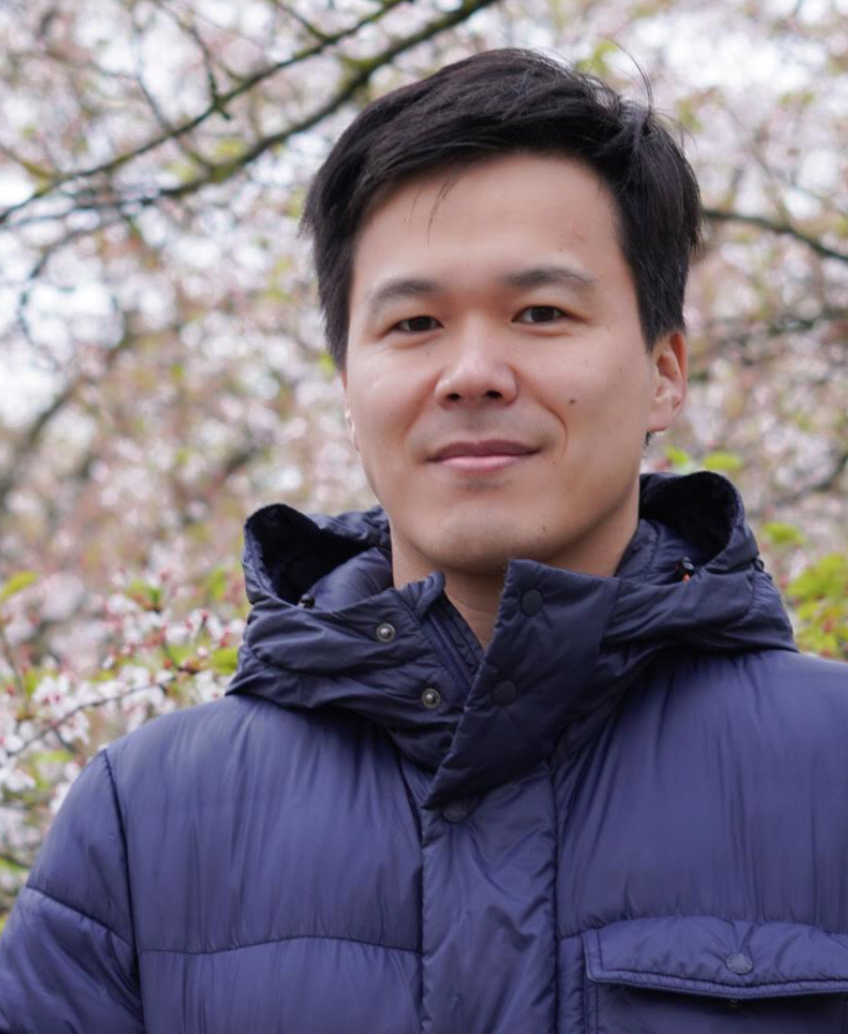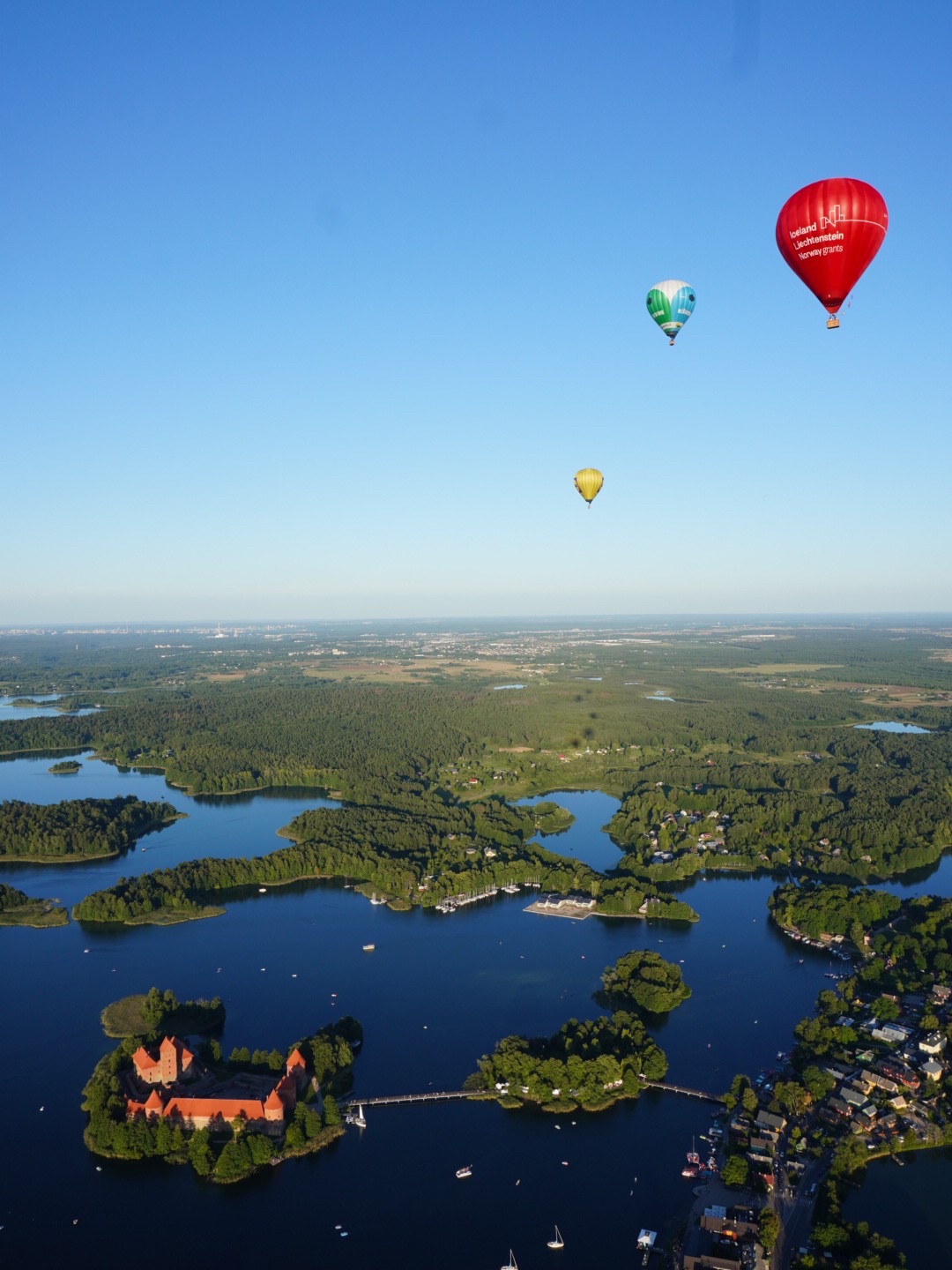
Japan Society for the Promotion of Science Research Fellow CPD
Main achievements
Hisashi Shigematsu, “Ken’i Shugi Taisei ni Taiko Suru Fascism Taisei Koso: Ritoania-jin Kodo Shugi Rengo (LAS) no Bunseki o Chushin ni,” Kokusai Seiji 202 (2021): 47–60 (in Japanese).
Hisashi Shigematsu, “Dainiji Sekai Taisen Ki niokeru Ritoania-jin Kodo Shugi Sensen (LAF) no Taidoku Kyoryoku,” in Hirofumi Takatsuna, Takuya Momma, and Tomohide Seki eds. Gray Zone to Teikoku: Rekishi Shusei Shugi o Norikoeru Sei no Itonami (Bensei Shuppan, 2023), 199–246 (in Japanese).
Hisashi Shigematsu, “Ritoania Rinji Seifu (1941 Nen): ‘Teiko’ no Rekishi to Sono Kioku” in Nobuya Hashimoto ed., Semegiau Chu-To-o, Roshia no Rekishi Ninshiki Mondai: Nazism to Shakai Shugi no Kako o Meguru Katto (Minerva Shobo, 2017), 173–194 (in Japanese).
Field of research
Modern and Contemporary History of Lithuania; Central and Eastern European Studies
The kind of researcher I want to become
One of the professors I studied with as an undergraduate, while specializing in international law himself, also worked in several interdisciplinary fields. In his international law classes, he introduced research on philosophy and the history of political thought, which he supported with his extensive knowledge of Latin, French, and German, as well as his specialty. He was also at the forefront of research in his specialty. The image of the researcher as a “highly-skilled specialist with command of several languages and extensive knowledge of other fields” continues to serve as a role model for me. In particular, in an interdisciplinary field such as area studies, in which I specialize, there is a need for researchers who are highly specialized but also well versed in a variety of academic fields.
My research theme
My research interests include the dissident movement in Lithuania during the interwar period and the cooperation of Lithuanian political leaders with Germany during World War II, viewed through the lens of political thought and other related issues. I have also conducted research on historical memory in Central and Eastern Europe. Recently, I have been engaged in research on the process of Lithuania’s annexation to the Soviet Union during World War II and on the Lithuanian community in the United States. Furthermore, I have been involved in collaborative research projects on electoral data in Central and Eastern European countries.
Tentative title
The potential of agonistic memory politics
Research Image

Trakai Castle on the lake

